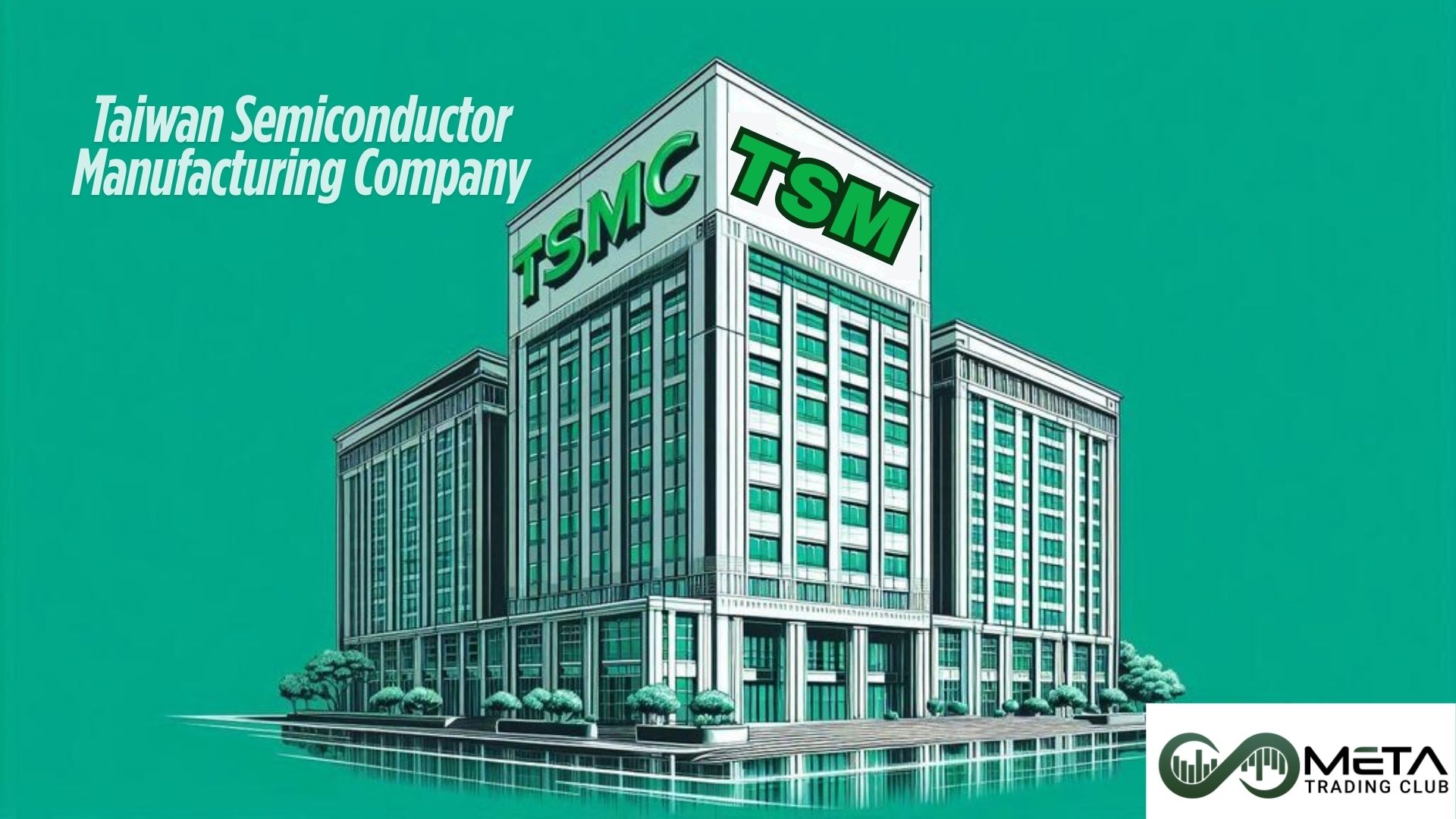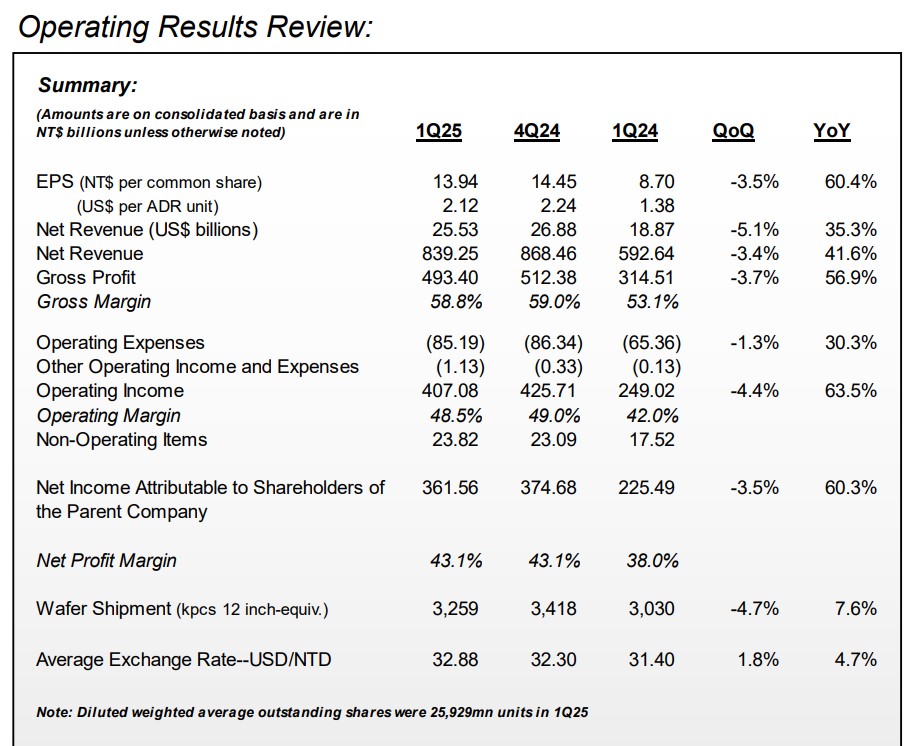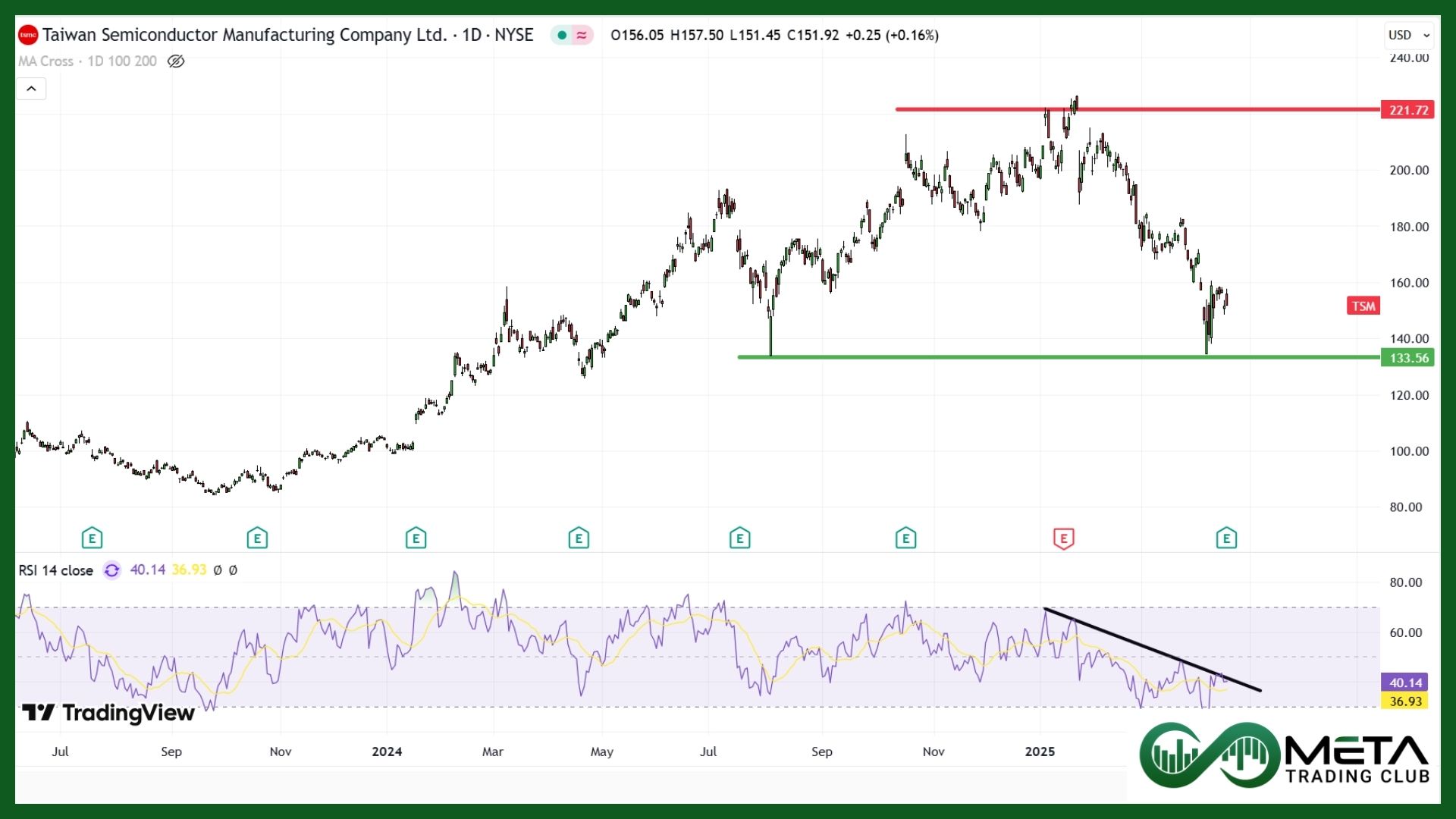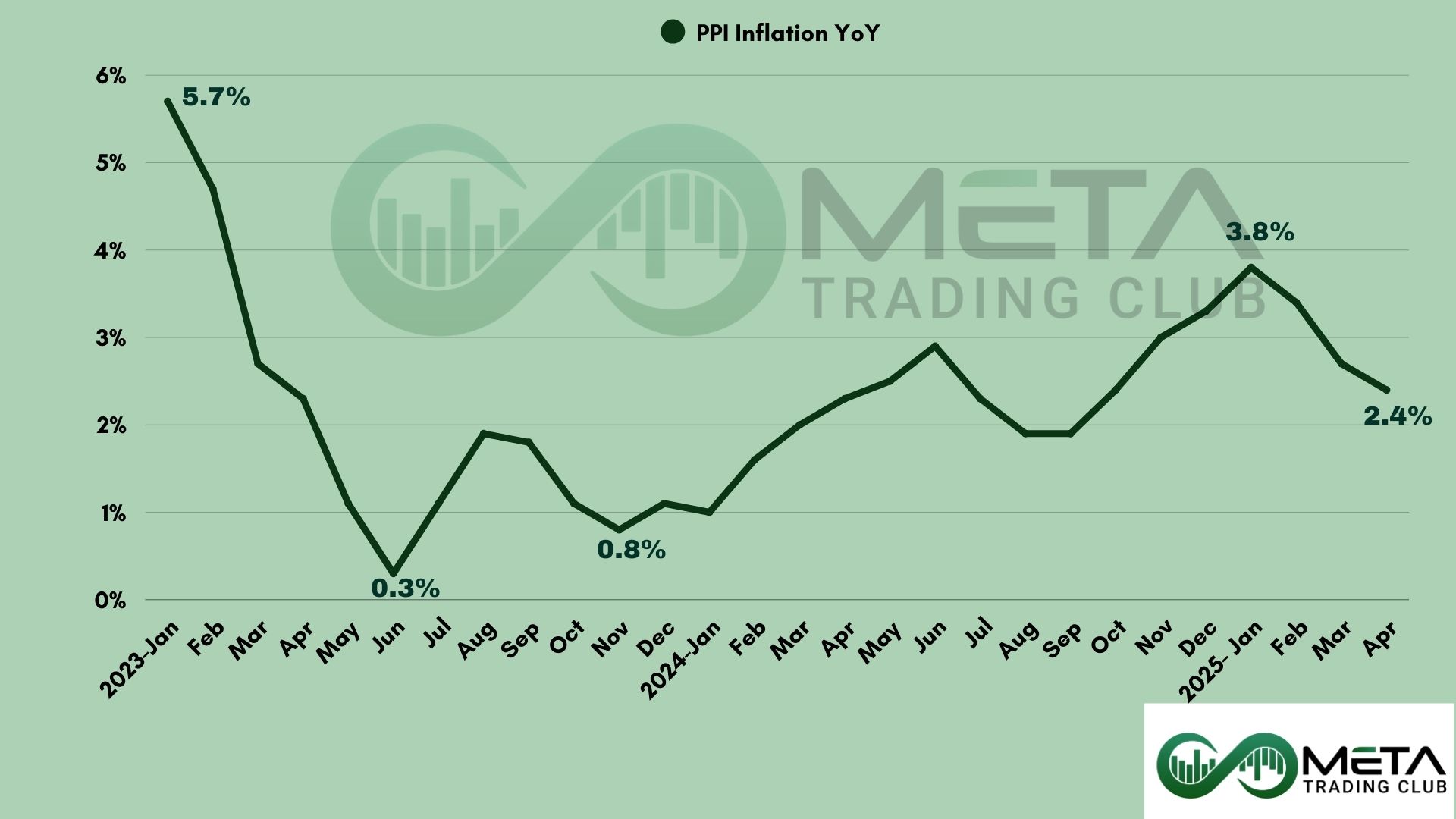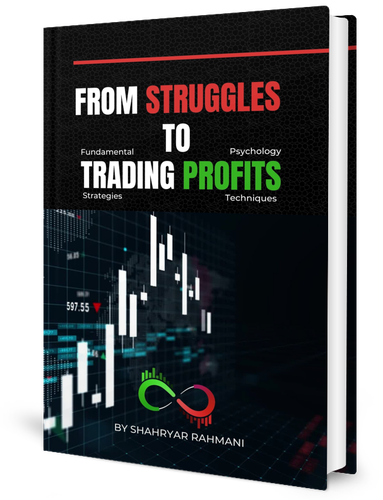Taiwan Semiconductor Manufacturing Company (TSMC), founded in 1987 and based in Hsinchu, Taiwan, is a leading semiconductor manufacturer. It follows a unique business model, focusing only on making chips designed by its customers, without creating or selling its own products.
TSMC’s advanced technologies, like 7-nanometer and 5-nanometer processes, support industries such as computing, smartphones, IoT, automotive, and consumer electronics. Its facilities are located in Taiwan, China, and the United States, reflecting its dedication to innovation and progress.
TSMC heavily invests in research and development to stay ahead in the industry and aims to be the world’s top provider of cutting-edge chip manufacturing services, helping major tech companies succeed with reliable and advanced solutions.
TSMC Fiscal Q1 2025
Taiwan Semiconductor Manufacturing Company (TSM) reported a 60% increase in first-quarter profits and said tariffs have not affected them yet.
The company expects strong demand for its advanced 3nm and 5nm technologies to boost business in the second quarter of 2025. However, they remain cautious about potential risks from tariffs, even though customer behavior has not changed so far.
Highlights
- Net revenue was NT$839.25 billion, down 3.4% from Q4 2024, but up 41.6% from Q1 2024.
- Gross margin was 58.8%, slightly lower than Q4 2024, but higher than Q1 2024.
- Operating margin was 48.5%, decreasing from Q4 2024, but increasing compared to Q1 2024.
- Non-operating gains were NT$23.82 billion, slightly up from Q4 2024 and Q1 2024.
- Net income for shareholders was NT$361.56 billion, down 3.5% from Q4 2024, but up 60.3% from Q1 2024.
- Net profit margin was 43.1%, with diluted EPS at NT$13.94.
Guidance for Q2 2025:
For the second quarter of 2025, the company expects revenue to range between $28.4 billion and $29.2 billion. With the exchange rate assumed to be 1 US dollar to 32.5 NT dollars, the management predicts a gross profit margin of 57% to 59% and an operating profit margin of 47% to 49%.
Board Statements
Wendell Huang, Senior Vice President and Chief Financial Officer of TSMC, stated that the company’s first-quarter performance was affected by smartphone seasonality but benefited from continued growth in AI-related demand.
Looking ahead to the second quarter of 2025, he highlighted that strong demand for TSMC’s advanced 3nm and 5nm technologies is expected to drive business growth.
Huang noted that, while no changes in customer behavior have been observed so far, uncertainties and risks related to potential tariff policies remain. He emphasized that TSMC will continue to monitor the potential effects on market demand and manage the business cautiously.
Impact on the Market
TSMC’s earnings report had a positive effect on its stock. The company beat expectations for profits and revenue, which gave investors more confidence.
U.S.-listed TSMC (TSM) shares went up by about 3.5% in premarket trading after the news. While there are still concerns about tariffs and risks, the strong results and optimistic outlook for 2025 helped reassure the market.
TSMC’s stock fell during the trading session due to new export restrictions on Nvidia’s processors, which TSMC manufactures, which raised concerns about reduced demand for advanced AI chips in the Chinese market.

